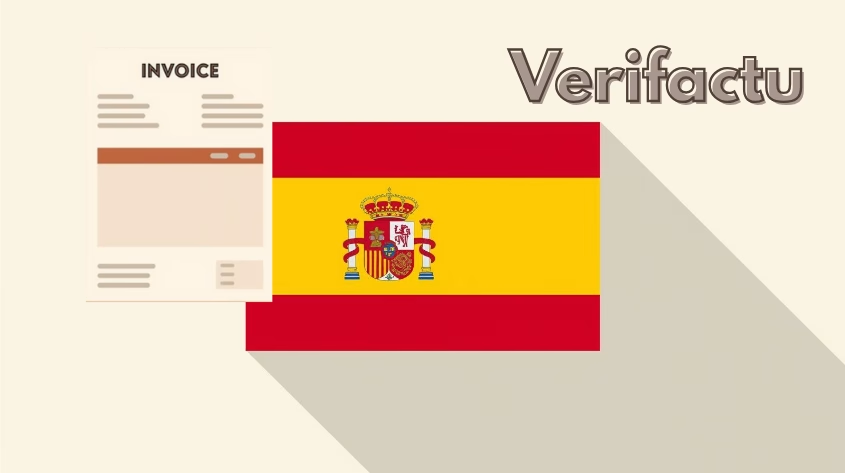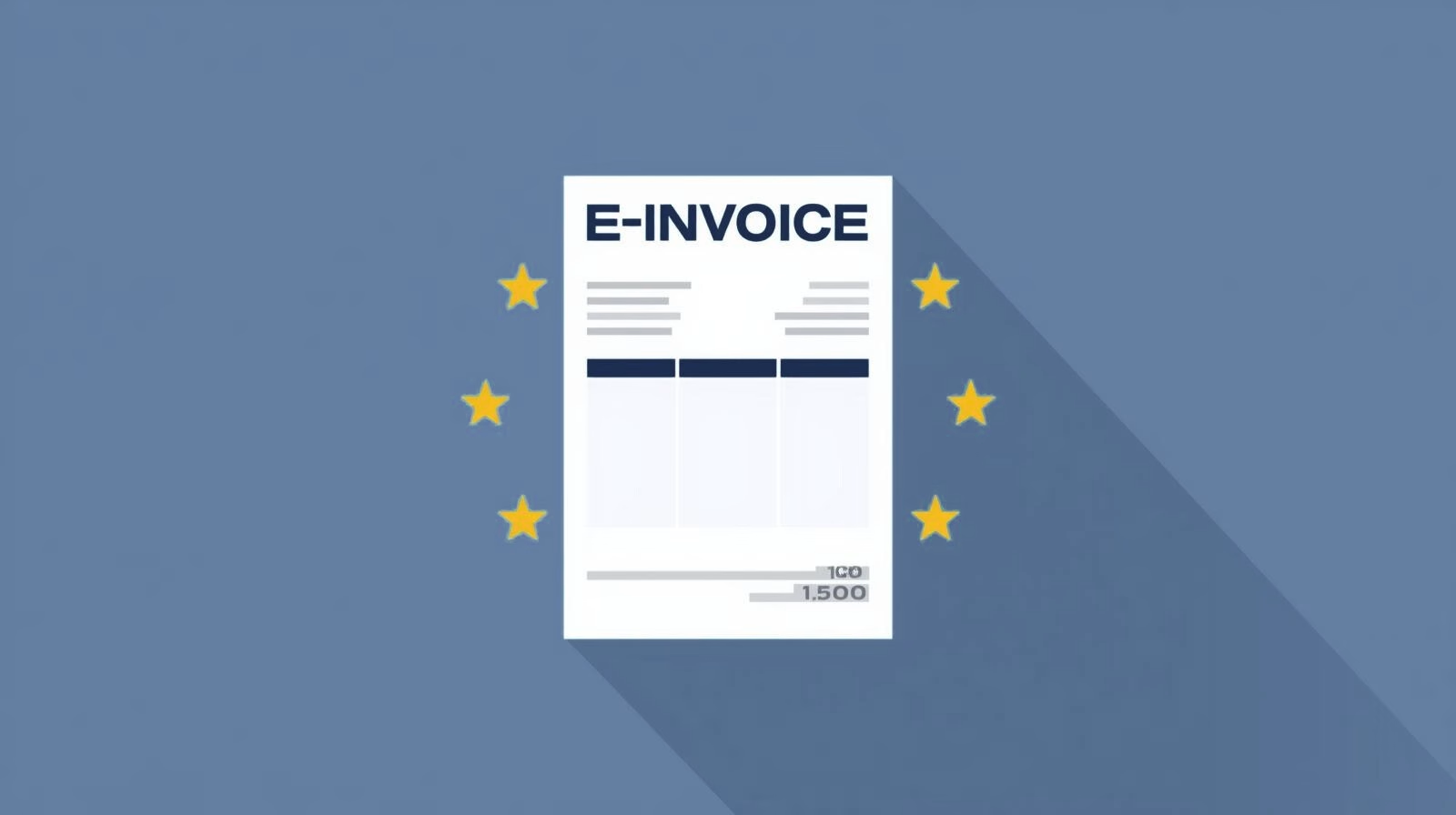The ERP market is large and diverse. That is why it is not easy to define the framework of criteria in such a way that, in the end, the right ERP system is found. One criterion is integrated accounting. But for which companies does this make sense? Does dispensing with an financial management an advantage at all? To answer these questions, we show the various options in the ERP and accounting sector.
Before we turn to this topic, here are the main tasks of an accounting department:

Accounting tasks
On the one hand it is the recording of the movement of goods, i.e sale and purchasing. You can also record all other expenses in it, such as RentInternet and insurances. Reports to authorities also go into accounting. The same applies to all payment transactions with suppliers or customers. Furthermore, every cost accounting, the reporting, Dunning and inventory in the field of financial management.
In ERP systems accounting is either a necessity or is used as an actual source of information. Every company is different from the next. However, the possibilities in the area of ERP and accounting can be divided into three variants.
ERP even without integrated accounting
For one thing, there is ERP solution, the whole without accounting works. For small companies in particular, there is often no reason to integrate financial management into the ERP system, as they can leave the accounting entirely to the tax consultant. In addition, they often do not have the necessary qualifications for this area of responsibility.
In a non-integrated accounting system, only purchases and sales are usually processed. bills and receipts are handed over to the person responsible, which are then recorded and prepared accordingly for tax purposes.
The disadvantage of employing a professional is of course always the Price. Furthermore, a company should always keep an eye on the most important figures. It is also good if customer payments are channelled through a desk in the company so that they can be managed there.
Connect accounting via interface
There is also the option of accounting per interface in the ERP system to be integrated. This option is usually used if no accounting is integrated into the system or the company already has good accounting software. This accounting software is managed within the company.
All purchases and sales are transferred from the ERP system to the accounting software via the interface. In addition, characteristics can be defined in the ERP system that are required for the correct process in the accounts and the posting of the value added tax ensure. Other expenses such as electricity or telephone are processed by the accounting department with debit and credit entries and official notifications are also recorded in the accounting software.
With an interface communication between the ERP system and accounting, a company gets a good overview of the company figures. The only task in which a tax consultant should be consulted is the annual accounts and the balance sheet. Data exchange can be problematic here with an interface integration of accounting. Depending on interface there can be difficulties with the up-to-dateness of the data. This means that analyses or cost calculations are not really reliable.
Integrated accounting and its advantages
The third option is, of course, the ERP system, in which accounting is already integrated. The advantage here is that well-founded analyses and cost accounting possible, as the data is already available in the system.
Purchases and sales are automatically integrated into the accounting system. Items, customers and suppliers can be set up so that everything is booked correctly. Other purchases are again recorded with the debit and credit posting recorded. Authority reports are directly integrated into accounting and can be created there.
through the integration all data is updated in real time. This eliminates the need for data maintenance in both systems and the resulting risk.

Verifactu in Spain: the new invoicing obligation

The e-invoicing regulations in Europe

Versino Financial Suite V09.2025 for SAP Business One

Accounting outsourcing: Why it pays off for SMEs

CANDIS for SAP Business One


